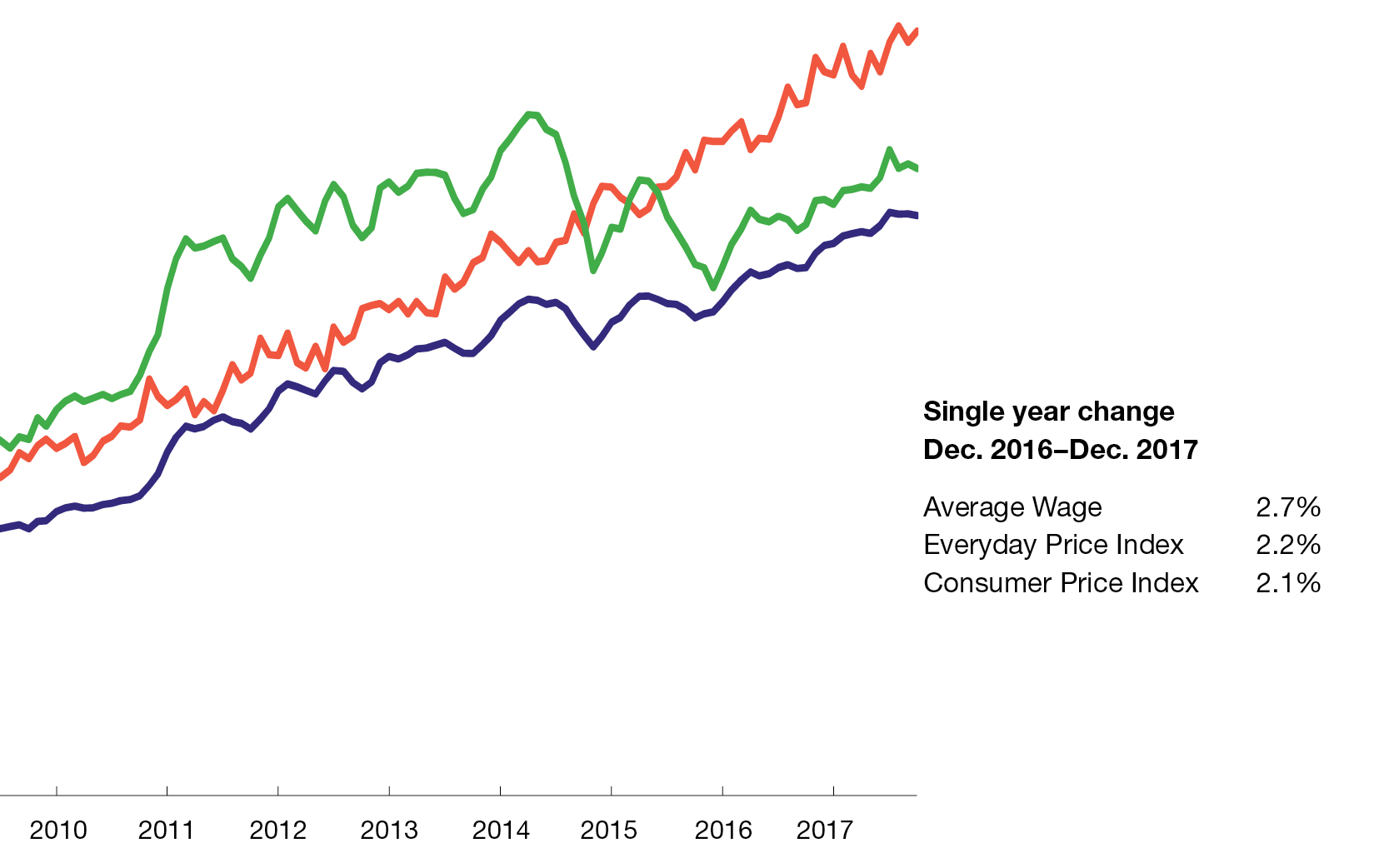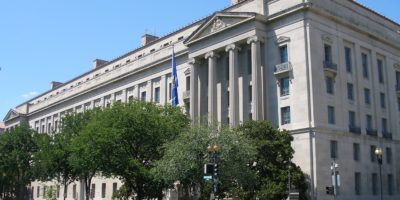Withdrawal from the Paris Accord Won’t Impede American Business
Economic ignorance rears its ugly head in unlikely places. When President Trump withdrew from the Paris Agreement on Climate Change, you would have expected a debate over whether our use of carbon-based fuels is causing a catastrophic rise in global temperatures. (I leave that subject aside here, but see Shikha Dalmia’s “Don’t Cry for the Paris Agreement.”) To be sure, the climatic outlook is being debated vigorously, but much of the discussion on cable news programs has taken a strange turn toward how the withdrawal might affect American industry. That discussion reveals a woeful misunderstanding of competition, entrepreneurship, and the price system. This is not just an academic argument about economic theory, however, for the world’s prosperity depends on it.
Here’s what Van Jones, a CNN commentator who was President Obama’s special advisor for green jobs, had to say:
You have an American president who is now taking a meat axe to the only American industry that is growing. The clean energy sector in America is producing jobs … growing at ten times the rest of the economy.… This is an American success story that the president has turned his back on.… [E]very other business leader in the country says it’s a great deal … because you just took 120 countries and you made them into customers for American clean energy companies.… This is an incredible opportunity for American industries and the president is against it.
On the same program, Fareed Zakaria, a CNN host and columnist for The Washington Post, followed up: “The only thing I would point out is it’s 194 countries that are potential markets, not just 125.… We would own the future if we could continue to dominate [renewable energy technologies]. So [Trump’s decision is] bad … economically.”
Jones and Zakaria are saying Trump’s withdrawal from the Paris accord precludes American businesses from capitalizing on the global demand for renewable energy technologies, such as solar panels and wind turbines.
But how? When asked that question, the best Jones could come up with was this: “Market signals matter.” Zakaria echoed, “The United States has to provide some market signals.”
An odd response, indeed, because they did not mean market signals. They meant a signal from the government, which is the opposite of a market signal.
Contrary to Jones and Zakaria, if American entrepreneurs are free and if competitive profits are likely to be earned by producing wind- and solar-power technology, they will strive to satisfy the demand. Nothing about Trump’s decision precludes that.
Zakaria conceded that by “market signals” he really meant corporate subsidies, which may explain why many big businesses favor the Paris accord. “Let’s be honest,” Zakaria said. “What we are saying is that clean energy does require government subsidies right now. In that, it is not different from any infant industry of importance.”
Zakaria invokes the old and discredited argument that new industries need government help to get off the ground, an argument usually mounted in defense of tariffs, which of course are indirect subsidies. Zakaria claimed that the computer industry couldn’t have succeeded had the government not bought computer chips at outrageous prices in the 1950s. But he ignores the countless successful upstart firms throughout the economy that received no government help.
Contrary to Zakaria, the infant-industry argument is as weak today as it was in Alexander Hamilton’s time. For starters, corporate subsidies are prone to cronyism and corruption, which is unsurprising because politicians are uninterested in market signals and in fact intend to defy them.
Second, resources are scarce: money handed out to one firm or industry is unavailable to others. It’s easy to see whom the politicians subsidize, but what is not seen are the firms and industries — some of which don’t yet exist — that are thereby deprived of capital because it was taxed away. As Frédéric Bastiat and Henry Hazlitt taught, to judge public policy like a good economist, one must look beyond the immediate effects and beneficiaries to the less-visible subsequent consequences that must befall us in a world of scarcity.
Finally, why would anyone think politicians and bureaucrats, unlike entrepreneurs, can? We have no reason to think politicians can invest resources better than private owners of capital can (assuming no subsidies and bailouts). To believe otherwise is to believe that government functionaries are uniquely visionary and that entrepreneurs overlook profit opportunities. That strains credulity and ignores history. (The politically favored and subsidized Solyndra and Enron, both now defunct, are just two of the most notorious cases of how good politicians are at picking winners.) Zakaria pretends he knows what would have happened had the government not bought the first computer chips. But dreamers in the private sector envisioned the computer and information revolutions, and they would have found backers.
Entrepreneurs risk their own assets and prosper to the extent they anticipate the future correctly. Politicians and bureaucrats risk nothing. They may waste billions of taxpayer dollars and pay no price whatsoever because they can blame someone else for their failures.
It’s especially laughable to think government officials are apt to look further into the future than entrepreneurs in competitive markets. It doesn’t take much imagination to realize that politicians have their eyes on the next election, a far shorter time horizon than that of entrepreneurs.
The upshot is that markets and entrepreneurship, unencumbered and unaided by government, work. Price signals and the potential for profit guide investments that enrich us all. Moreover, as societies get richer, they get cleaner, in part because wealthier consumers become more environmentally aware and producers wish to cater to them.
“The Stone Age came to an end not for a lack of stones,” a former Saudi oil minister once said, “and the oil age will end, but not for a lack of oil.” Why, then, will it end? Because innovators and entrepreneurs will find something both cheaper, and therefore profitable, and cleaner, as they already have in natural gas and fracking. The politicians should stay out of their way, neither succoring nor harassing them.
No free-enterprise economy worth its name should tolerate government planning of energy, the master resource.






